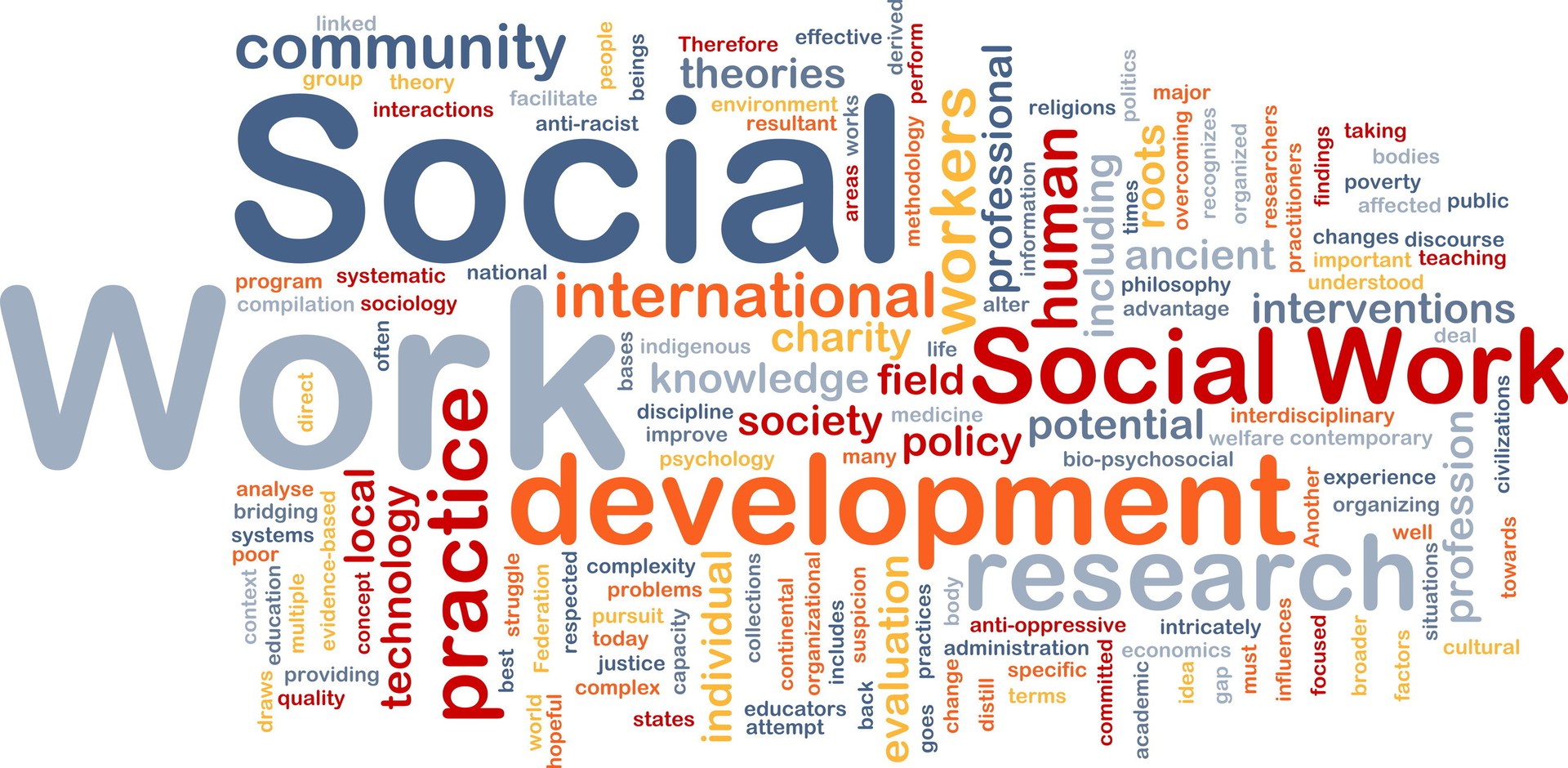Title
Risk and Protective Factors for Depressive Symptoms among American Indian Older Adults: Adverse Childhood Experiences and Social Support
Journal Title
Aging & Mental Health
Publication Date
2015
Abstract
Objectives: Despite efforts to promote health equity, many American Indian and Alaska Native (AI/AN) populations, including older adults, experience elevated levels of depression. Although adverse childhood experiences (ACE) and social support are well-documented risk and protective factors for depression in the general population, little is known about AI/AN populations, especially older adults. The purpose of this study was to examine factors related to depression among a sample of AI older adults in the midwest.
Method: Data were collected using a self-administered survey completed by 233 AIs over the age of 50. The survey included standardized measures such as the Geriatric Depression Scale-Short Form, ACE Questionnaire, and the Multidimensional Scale of Perceived Social Support. Hierarchical multivariate regression analyses were conducted to evaluate the main hypotheses of the study.
Results: Two dimensions of ACE (i.e., childhood neglect, household dysfunction) were positively associated with depressive symptoms; social support was negatively associated with depressive symptoms. Perceived health and living alone were also significant predictors.
Conclusion: ACE may play a significant role in depression among AI/AN across the life course and into old age. Social support offers a promising mechanism to bolster resilience among AI/AN older adults.
Keywords
adverse childhood experiences, American Indian, Native Americans, older adults, risk and protective factors, social support
Document Type
Article
Disciplines
Social and Behavioral Sciences | Social Work
Volume
19
Issue
4
First Page
371
Last Page
380
DOI
10.1080/13607863.2014.938603
Recommended Citation
Roh, Soonhee; Burnette, Catherine E.; Lee, Kyoung Hag; Lee, Yeon-Shim; Easton, Scott D.; and Lawler, Michael J., "Risk and Protective Factors for Depressive Symptoms among American Indian Older Adults: Adverse Childhood Experiences and Social Support" (2015). Department of Social Work. 59.
https://red.library.usd.edu/socialwork/59


